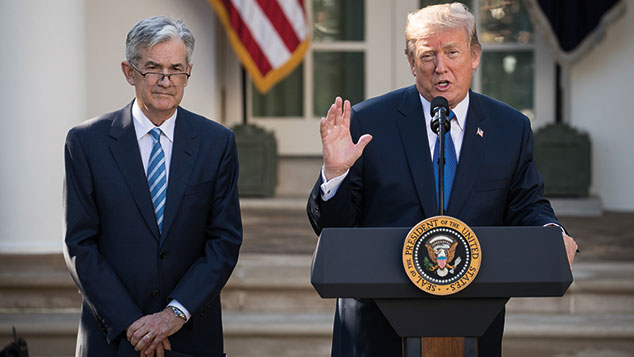
Lobbyists and tax lawyers are going to be “extra busy” over the next few weeks, says Randall Forsyth in Barron’s. The US administration has finally fleshed out its tax-reform proposals. A bill introduced by Republicans in the House of Representatives aims to cut corporation tax to 20% from 35% (a figure of 15% was originally mooted). There will be a 12% one-off charge on repatriated corporate cash, while personal tax rates will fall, with reductions to be paid for by closing or reducing various breaks or loopholes.
Just how much of this package will endure in the Congressional horse-trading to come is unclear, but it is unlikely to make much difference. For instance, the S&P 500 firms already pay an average effective corporation tax rate of 28%, and the additional fillip has long been priced into the market. Macroeconomically, these measures will merely add “a few tenths to near-term GDP growth”, reckons a Bank of America Merrill Lynch report. The economy is already doing well, having just posted its first two successive quarters of 3% annualised GDP growth since 2014.
The other big news event of the week will also have scant impact on markets. For once, Donald Trump “did not make waves”, says The Observer. He confirmed that Jerome Powell would take over the US Federal Reserve early next year when Janet Yellen steps down. Trump didn’t like Yellen because she was a Democrat, and he needs to undo some of the post-crisis regulation now affecting the banking sector. Trump also wanted the Fed to continue Yellen’s “softly, softly” approach to raising interest rates, rather than a candidate concerned that inflation could jump if the central bank doesn’t ‘‘get ahead of the curve’’ and raise rates faster. Powell ticked all these boxes.
This means the Fed will remain as vulnerable to a jump in inflation as it was under Yellen, which is a major danger for overpriced markets currently ignoring this prospect completely. The broader point here, however, is that the endless recent Fed Kremlinology shows that markets are “still in thrall to the unelected central-banking technocrats whose easy-money policies culminated in the global financial crisis”, as MoneyWeek contributor Tim Price points out in a PriceValuePartners note. Having blown up yet more bubbles to counteract the impact of the crash, they have laid the foundations for the next crisis – and will have precious few tools to fight it given today’s near-zero interest rates and endless money printing. Central bankers have, in short, painted the world economy into a corner.